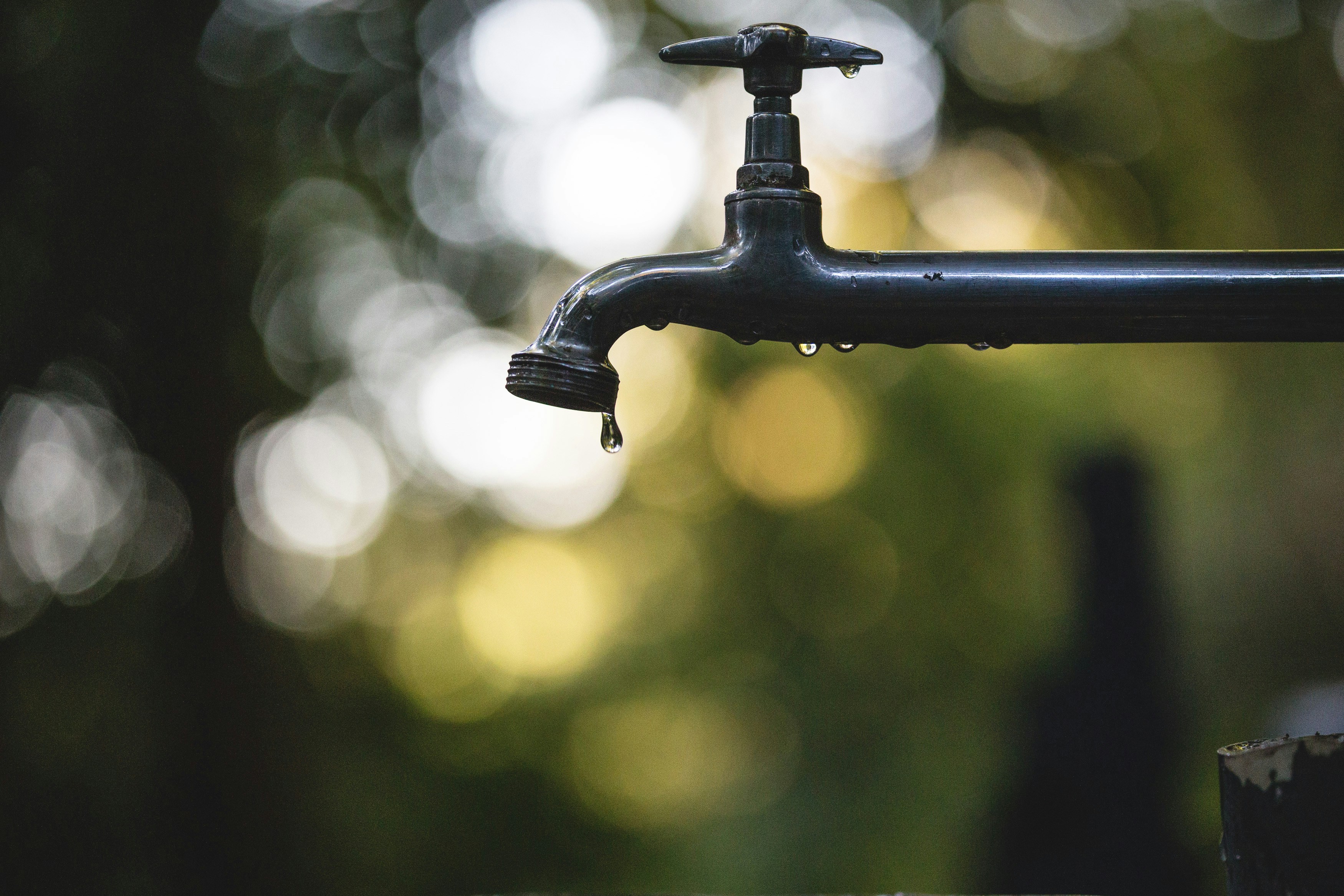7 Practical Tips to Reduce Water Waste in Your Garden and Keep It Thriving
 Arnab Kabasi
Arnab Kabasi
For gardeners, water is one of the most precious resources—and it’s easy to underestimate how much of it we use. As climate change impacts rainfall and droughts become more common, conserving water in our gardens is more important than ever. Reducing water waste doesn’t mean sacrificing a lush, beautiful garden. Instead, it’s about making smart, simple changes that allow your garden to thrive while using water efficiently. Here are seven practical ways to reduce water waste in your garden.
1. Choose Drought-Tolerant Plants
The plants you select play a major role in how much water your garden will need. Look for drought-tolerant species that thrive with minimal watering. Succulents, lavender, sage, and native grasses are popular options, as are many native plants adapted to your local climate. These plants typically have deeper roots or water-storing tissues that help them get through dry periods without extra watering.
2. Mulch to Retain Moisture
Mulching is a powerful way to keep your garden’s soil moist and cool. Organic mulches, like bark, wood chips, or compost, create a protective layer that helps slow evaporation, meaning your plants retain moisture for longer. Mulch also helps control soil temperature and reduces weed growth, so plants aren’t competing with weeds for water. Aim for a mulch layer about 2-3 inches thick for maximum benefit.
3. Water Wisely: Timing Matters
When you water your garden is just as important as how often you do it. The best times are early in the morning or late in the evening when temperatures are cooler and evaporation is minimal. Watering during the heat of the day wastes a lot of water as it evaporates before it can reach your plants’ roots. Additionally, avoid watering on windy days, which can also lead to higher evaporation and water loss.
4. Use a Drip Irrigation System
Drip irrigation systems are incredibly efficient, delivering water directly to the base of plants where it’s needed most. These systems avoid the loss associated with sprinklers, which can spray water onto leaves or evaporate before hitting the soil. With drip irrigation, water seeps slowly into the soil, making it available to roots and minimizing waste. While setting up a system may involve an initial investment, it can save a lot of water (and money) in the long run.
5. Harvest Rainwater
Rainwater harvesting is a great way to capture and reuse natural water for your garden. Install a rain barrel under a downspout to collect runoff from your roof during rain. Using rainwater is not only eco-friendly but also beneficial for plants, as it’s free of chemicals like chlorine often found in tap water. Just ensure your collection system is secure and equipped with a fine mesh to keep out debris and insects.
6. Group Plants by Water Needs
Grouping plants with similar water needs helps prevent over- or under-watering, which often leads to wasted water. Plants that require more water should be placed together, ideally closer to your water source, while drought-tolerant plants can occupy areas farther away. This approach, known as “hydrozoning,” allows you to tailor your watering efforts and keep plants healthy without using excess water.
7. Maintain Healthy Soil
Healthy soil is the foundation of a water-efficient garden. Soil rich in organic matter holds moisture better, reducing the frequency and amount of water required. Add compost or organic matter to your soil regularly to improve its structure and water-holding capacity. You can even consider adding water-retentive soil amendments, like vermiculite or coconut coir, to increase the soil’s ability to retain moisture.
Final Thoughts
Reducing water waste in your garden is all about working with nature, not against it. By choosing the right plants, watering at the right times, and using efficient systems like drip irrigation and rainwater collection, you can have a lush, vibrant garden that doesn’t drain this precious resource. Sustainable gardening not only conserves water but also creates a healthier ecosystem in your backyard. So, embrace these tips, and watch your garden—and the planet—thrive.
For more information visit Oriplast.
Subscribe to my newsletter
Read articles from Arnab Kabasi directly inside your inbox. Subscribe to the newsletter, and don't miss out.
Written by
